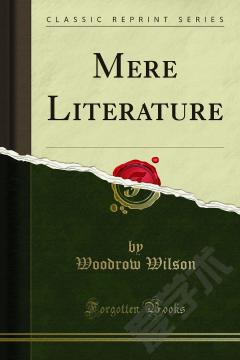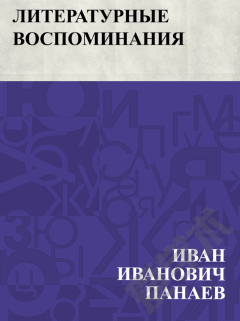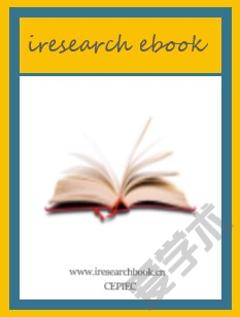Mere Literature
And 'so very whimsical things sometimes happen, because of this scientific and positivist spirit of the age, when the study of the litera ture of any language is made part of the cur riculum of our colleges. The more delicate and subtle purposes of the study are put quite out of countenance, and literature is commanded to assume the phrases and the methods of science. It would be very painful if it should turn out that schools and universities were agencies of Philistinism; but there are some things which should prepare us for such a dis covery. Our present plans for teaching every body involve certain unpleasant things quiteinevitably. It is obv10us that you cannot have universal education without restricting your teaching to such things as can be universally understood. It is plain that you cannot impart university methods to thousands, or create investigators by the score, unless you con fine your university education to matters which dull men can investigate, your laboratory training to tasks which mere plodding dili gence and submissive patience can compass. Yet, if you do so limit and constrain what you teach, you thrust taste and insight and delicacy of perception out of the schools, exalt the obvi ous and the merely useful above the things which are only imaginatively or spiritually con ceived, make education an affair of tasting and handling and smelling, and so create Philistia, that country in which they speak of mere lit erature. I suppose that in Nirvana one would speak in like wise of mere life.
{{comment.content}}








 京公网安备 11010802027623号
京公网安备 11010802027623号